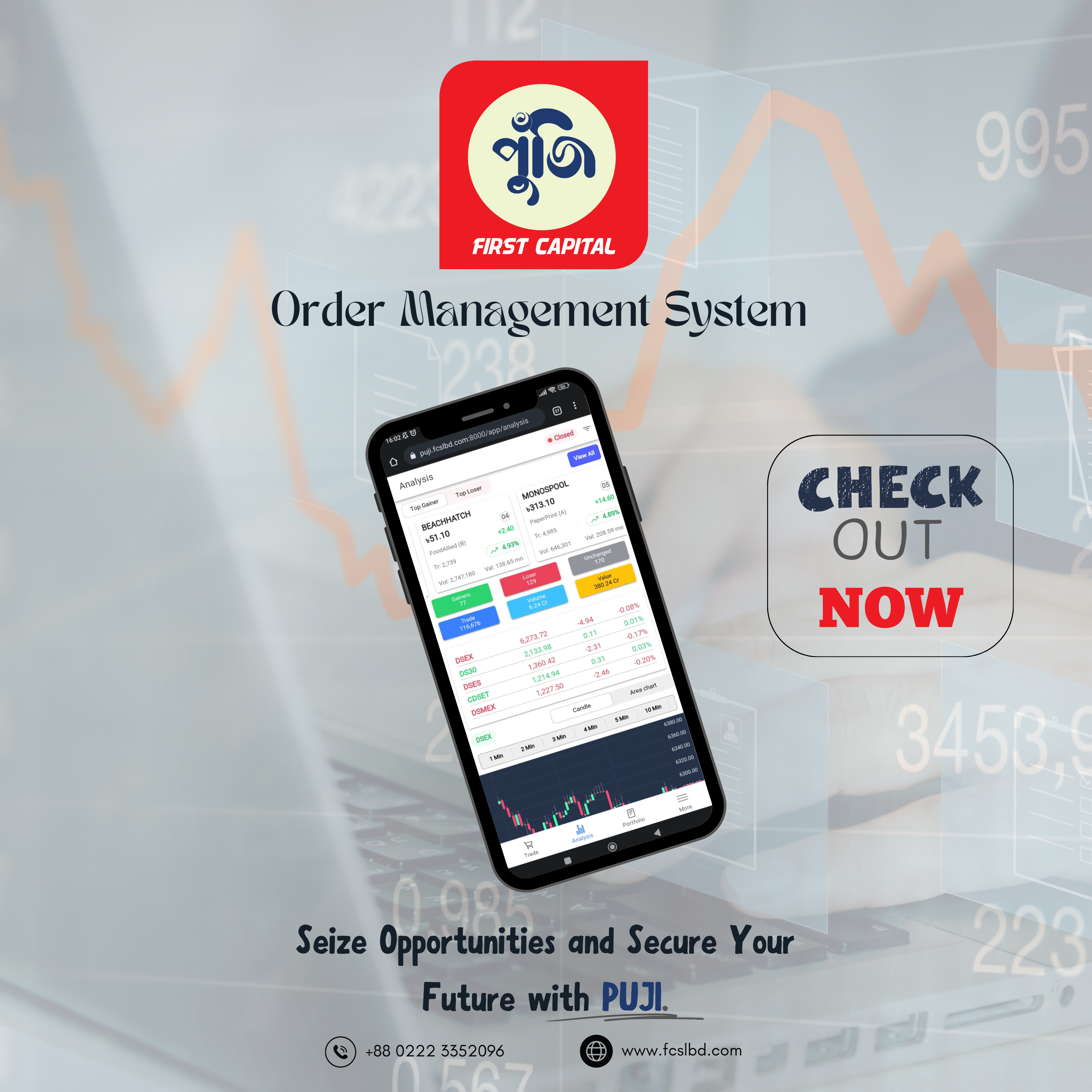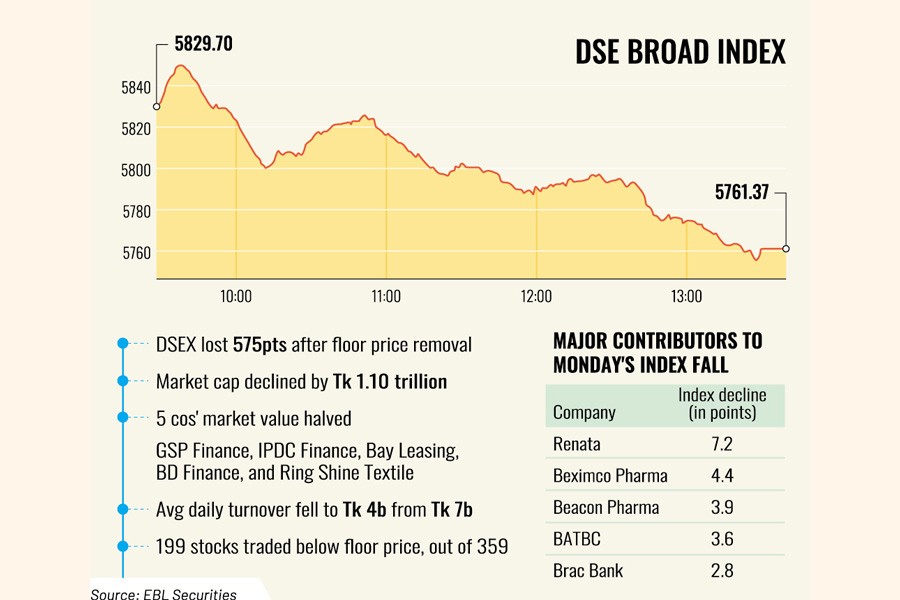শেয়ারবাজারে তালিকাভুক্ত আরএকে সিরামিকের উৎপাদনের মোট ৪টি লাইনের মধ্যে ৩ নম্বরটি গত ৮ অক্টোবর থেকে বন্ধ রয়েছে। যা ৩০ ডিসেম্বর পর্যন্ত বন্ধ থাকবে। এরপরে উৎপাদনে ফিরবে বলে ঘোষণা দিয়েছে কোম্পানি কর্তৃপক্ষ।ঢাকা স্টক এক্সচেঞ্জ (ডিএসই) সূত্রে এ তথ্য জানা গেছে।
গত ৮ অক্টোবর থেকে ৩০ ডিসেম্বর পর্যন্ত সময়ে মেশিনারীজ রক্ষণাবেক্ষণ কাজের জন্য লাইন-৩ এর উৎপাদন বন্ধ থাকবে। এরপরে পূণ:রায় ফিরবে উৎপাদনে।
https://sharenews24.com/article/113513/index.html
RAKCERAMIC














